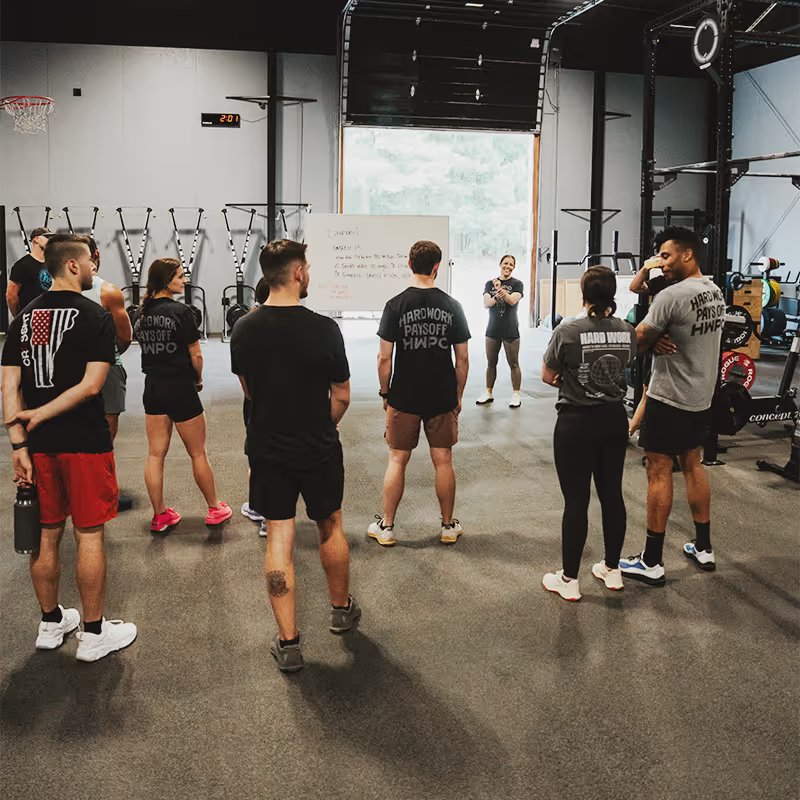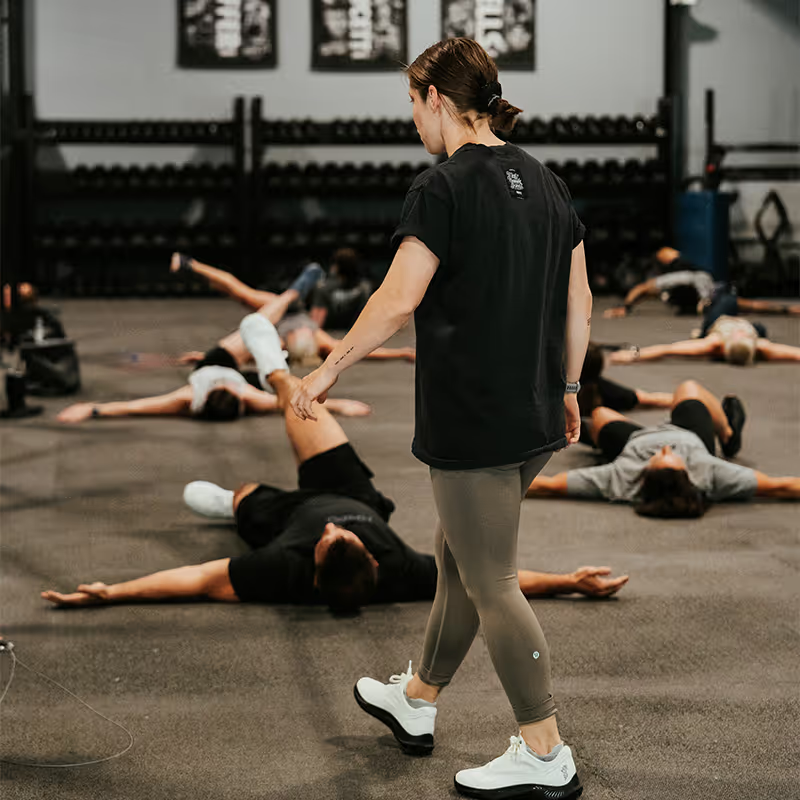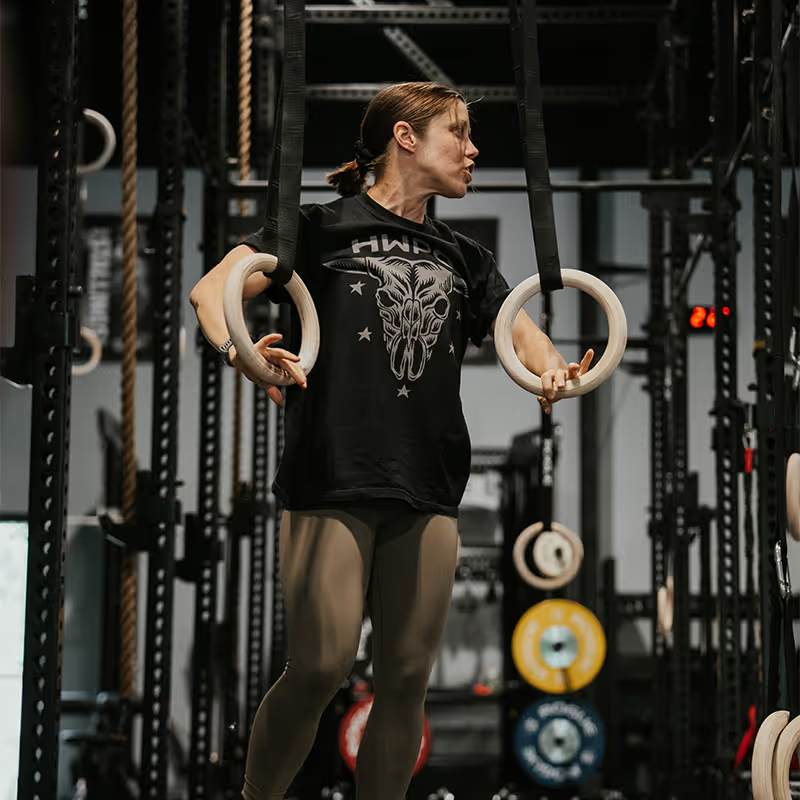Learning Agility
Coach Michele explores the essential skill of learning agility for coaches and how it drives growth and adaptability. Learn how to practice this skill through real-life experiences, embrace feedback, and improve your coaching confidence with practical tips and mindset shifts.
Oct 23, 2024
Today, I want to talk about one of the most essential skills that great coaches need: learning agility.
First of all, what is learning agility?
I bet you know what it is but probably didn’t know it was “a thing”.
Leadership literature defines learning agility as someone’s ability to “know what to do when you don’t know what to do.” It is the skill of FITFO if you will.
Someone with good learning agility will quickly find solutions to a problem or situation with which they have little to no prior experience.
Doesn’t this sound familiar? (hint: unknown and unknowable).
This is the superpower of an elite-level CrossFit Games athlete. Being adaptable quickly to tasks they’ve never been given before.
As athletes, we know how to practice this: We must expose ourselves to variety. But how do we actually practice the skill as a coach?
Why do we need this skill?
First of all, why do we even need this skill? It’s not like we’re going to the games…. (well, not with that attitude!). Learning agility is vital in our line of work (gym ownership, coach, manager, person….) because it allows us to continue to grow and evolve.
As coaches, many of us look to increase our knowledge base by signing up for seminars and workshops and seeking out specialty education. But this skill isn’t practiced by learning more. It’s practiced by EXPERIENCING more.
Don’t get me wrong, getting more knowledge is not a bad thing. It’s only a bad thing if you think you need more without actually getting your hands dirty.
This sounds simple, but there’s a crucial element to practicing the skill: You must be willing to risk making mistakes and potentially looking like a “fool” or being wrong. This can be cringey (it’s happened to me many times — not fun, but quite the learning experience).
A real-life example is giving a movement clinic in your gym. People have been asking you to provide a ring muscle-up workshop. You want to give the workshop but are unsure of what progressions to do and don’t know exactly how to run a workshop. You feel like you don’t have the right tools or that you’re not credible enough.
If this is you, then my suggestion is to give the workshop.
Prepare the best you can
Prepare the plan for that workshop as best you can using progressions and drills you know and research for progressions that you think can be helpful. Try these progressions for yourself, film yourself, understand the set-up demands, etc. Then, do the thing.
The learning agility skill here isn’t about applying new progressions you’ve never done before. Still, it’s about giving the workshop without complete confidence, learning to teach the movement more in-depth, and developing your abilities through the process.
Some progressions will work very well, and some won’t land. The goal here is to figure out why specific drills don’t land and have your eye looking for solutions.
After doing that single workshop, you can walk away with new ideas, more clarity and confidence gained through experience.
BUT (yes, there’s a but). You have to get feedback. If you’re serious about improving and increasing your knowledge, putting yourself in novel situations won’t magically make you better. It would help you to get feedback from your peers, clients/members and yourself. It isn’t easy to get feedback, especially if you’re doing something new. You WILL get defensive and may feel embarrassed, but this is a growing pain. This is how the best coaches get to where they are. The more often you try things, the more appetite you get for improving.
I’ve always felt that one of the next ways to gain confidence as an athlete was to practice. It is no different from coaching. If you want to be a confident coach, then practice your coaching!



Practice your coaching today
HWPO AFFILIATE gives you the tools and resources from experts in the industry so you can be the best coach you can be.






